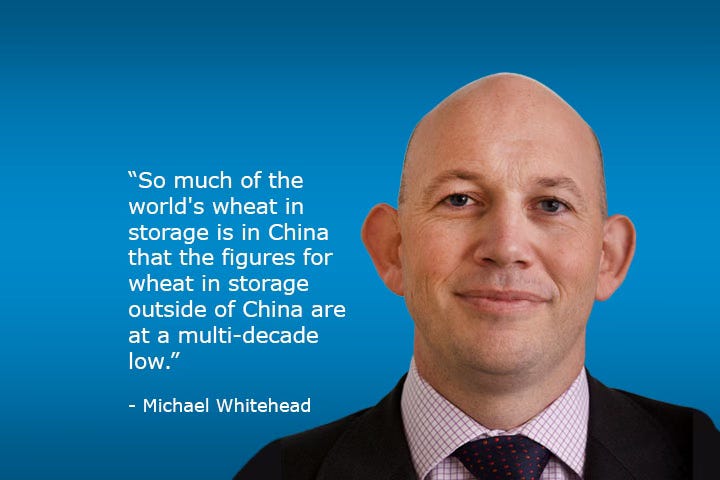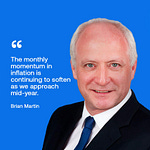Oil prices rise 2% as Syria’s President flees the country, and as more stimulus is expected in China after a surprise politburo statement. The Aussie and Kiwi dollars get a boost; The RBA holds its final meeting of the year with a slight tightening bias.
In our bonus deep-dive interview, ANZ’s Executive Director for Agribusiness Insights, Michael Whitehead, has mostly good news for Australia’s farmers, starting with strong grain prices for a surprising reason.
5 things to know:
Oil prices rose around two percent overnight as the fall of the Assad regime in Syria contributed to greater uncertainty, but also following indications of further stimulus in China. Attention now turns to US inflation data on Wednesday for whether the Fed might cut or pause, ANZ Economist Bansi Madhavani says.
China’s authorities surprised markets yesterday by releasing a communique from a politburo meeting ahead of the annual Central Economic Work Conference. It was earlier than expected, and included some unusual wording around the need for an aggressive counter-cyclical fiscal stimulus, says ANZ Greater China Chief Economist Raymond Yeung.
The Reserve Bank of Australia holds its final Board meeting of the year later today. ANZ Head of Australian Economics Adam Boyton says there is a slight tightening bias heading into the meeting after the RBA said in November that it would take some time for inflation to get back to target. Adam expects the first rate cut in May.
China’s annual CPI inflation rate of 0.2% in November was down from 0.3% in October and was also below market expectations for 0.4%. ANZ’s Senior China Strategist Zhaopeng Xing says a sharp fall in food prices drove the weakness.
China’s Producer Price deflation was more robust than expected, albeit still a fall of 2.5% for the year and up 0.1% from October, which was itself down 0.1% from September. Zhaopeng says the rise may be temporary.
Cheers
Bernard
PS: Catch you tomorrow with details from that Reserve Bank of Australia decision.












